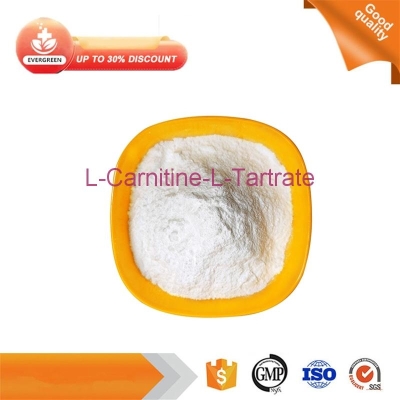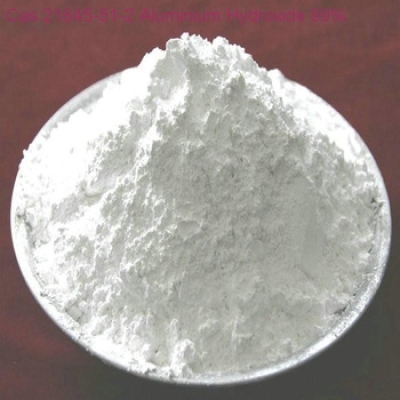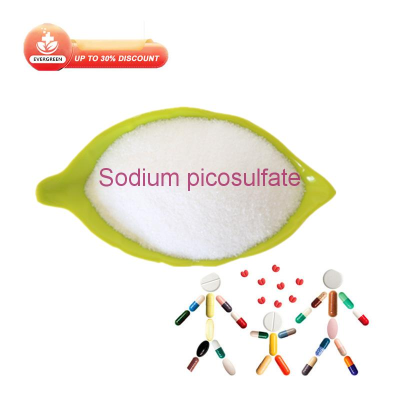-
Categories
-
Pharmaceutical Intermediates
-
Active Pharmaceutical Ingredients
-
Food Additives
- Industrial Coatings
- Agrochemicals
- Dyes and Pigments
- Surfactant
- Flavors and Fragrances
- Chemical Reagents
- Catalyst and Auxiliary
- Natural Products
- Inorganic Chemistry
-
Organic Chemistry
-
Biochemical Engineering
- Analytical Chemistry
- Cosmetic Ingredient
-
Pharmaceutical Intermediates
Promotion
ECHEMI Mall
Wholesale
Weekly Price
Exhibition
News
-
Trade Service
The co-evolution of mammalian hosts and symbicational microorganisms beneficial to them led to the development of host-microbial relationships.
genetic modification enables mammalian cells to integrate external environmental signals and promote their adaptability to the environment.
but it is not clear how the multiple signaling paths and environmental signals of the symb coexisting sources of gut microorganisms are precisely regulated.
intestinal epiderm cells are located at the interface between the microbiome and the host, promoting the formation of key barriers that complement the intestinal epiderm during healthy and injury periods.
a variety of epigenological mechanisms involved in maintaining intestinal epiderm cell differentiation, the expression of HDACs is critical for intestinal stability.
-chain fatty acid butyrate (Butyrate), which is a source of intestinal microorganisms, inhibits HDAC activity in in-body, and HDAC activity decreases in intestinal tissue epiderm cells after butyrate treatment.
that implanting butyrate-producing gut microbes in sterile mice inhibits HDAC activity in intestinal epidermic cells.
these results suggest that butyrates from gut microbial sources inhibit HDAC activity.
but it is not known what the regulatory mechanism between gut microbes and histamine deacetylase activity is.
Recently, the Theresa Alenghat team at Cincinnati Children's Hospital Medical Center published an article in the journal Nature in which Microbiota-derived metabolite promotions HDAC3 activity in the gut found that inositol phosphates from gut microbial sources regulate the activity of the intestinal heptagen deacetase HDAC3 to promote the repair of intestinal epidermic cells, revealing the specific mechanisms by which hosts respond to gut microbial signals.
To uncover the relationship between intestinal microbial-derived metabolites and epigenome signals, the authors found that HDAC3 expression was normal and stable in mice in the wild control group, but HDAC3 in the wild control group was the opposite of that in mice.
the authors wanted to know whether HDAC3 specifically regulates signaling inducements sensitive to gut microbes.
authors found that HDAC1 and HDAC2 are also expressed in intestinal epiderm cells, but do not compensate for the absence of HDAC3 expression in intestinal epiderm cells.
And after treating intestinal epidermatocytes in sterile mice and intestinal epiderm cell HDAC3 knockout mice with HDAC broad-spectrum inhibitors, other types of HDACCs were found to remain active after HDAC3 knockout.
these results show that gut microbes promote enzyme activity of HDAC3 in normal intestinal steady state in epiderm cells.
to decipher the specific mechanism by which gut microbes activate HDAC3, the authors analyzed transcriptional scores in intestinal epiderm cells in sterile mice and normally cultured mice.
the authors found that genes associated with inositol phosphate metabolism were widely induced expression in epiderm cells present in gut microorganisms.
previous studies have found that inositol trisphosphate increases HDAC3 activity by enhancing the interaction of HDAC3 with activated proteins.
the authors found that the addition of inositol triphosphate did specifically increase the activity of HDAC3-NcoR recombinant protein, which is critical to the activity of HDAC3's decacetylase.
, the authors wanted to know if there was a difference in inositol triphosphate levels between the intestines of sterile mice and mice in the control group.
the authors found that levels of inositol triphosphate in both intestinal cavity and intestinal epiderm cells in the control group were significantly higher than in sterile mice, suggesting that the presence of gut microbes promoted an increase in inositol triphosphate levels.
To assess the effect of inositol triphosphate on HDAC3 activity in intestinal epiderm cells, the authors purified hdAC3 protein in intestinal epiderm cells and co-incubated it with inositol triphosphate, and found that inositol triphosphate did increase the activity of endogenous HDAC3.
inhibition of HDAC3 activity caused by the high level of butylate can also be antagonists of inositol triphosphate.
, the authors also found that symbiotic gut microbes promote HDAC3 function in intestinal epiderm cells through the metabolic pathway of inositol heptaphosphate.
similar to inositol triphosphate, inositol heptoclic acid also induces hdAC3 activity in intestinal epiderm cells.
to detect the effects of intestinal microbial inositol hexaphosphate dependence metabolism on HDAC activity, the authors analyzed mice with wild-type and inositol hexaphosphatase-missing E. coli.
the authors found that mice with normal expression of E. coli with inositol hexaphosphatase had elevated levels of inositol triphosphate compared to sterile mice and mice with E. coli deficiency in inositol.
mice were treated with dextran sodium sulfate (DSS), which induced intestinal disease in mice.
To test the role of inositol triphosphate in DSS treatment-induced intestinal diseases, the authors found that inositol triphosphate in sterile mice could promote intestinal recovery from disease and increase the life span of sterile mice.
DSS-induced colitis is similar to ulcerative colitis in patients.
To further confirm the function of gut microbial metabolites, the authors tested healthy samples from the Integrated Microbiology Program in humans and from patients with ulcerative colitis, and found that the abundance of inositol hexaphosphatase in the intestines of patients with ulcerative colitis was much lower than in healthy samples, indicating that inositol hexaphosphate was necessary for the repair of intestinal damage.
Overall, the Alenghat team found a significant increase in HDAC3 activity in mice with gastrointestinal microbes compared to sterile mice, which was formed through the metabolism of symbiotic gut microbes such as E. coli inositol hexaphosphate and inositol triphosphate.
In addition, inositol triphosphate induces the growth of intestinal organs from the patient's source, stimulates the proliferation of HDAC3-dependent cells, and inhibits intestinal growth caused by antagonists, which promotes the repair of epidermal cells in intestinal diseases.
In this way, the authors identified HDAC3 as an important function of the host in responding to a variety of intestinal microbial signals, and revealed the important regulatory and repair role of intestinal microbes, epigenome factors, and microbial metabolites in the intestinal epiderm and intestinal diseases.
.







